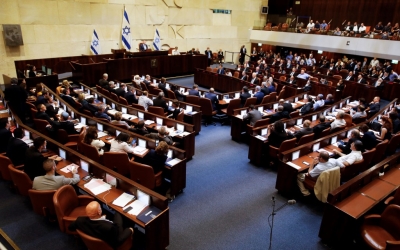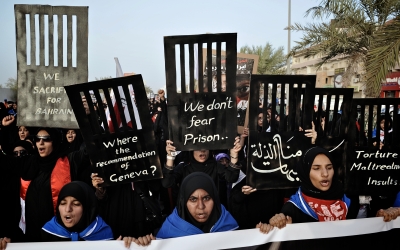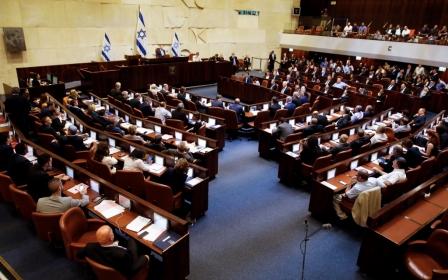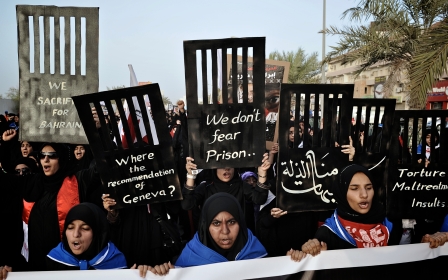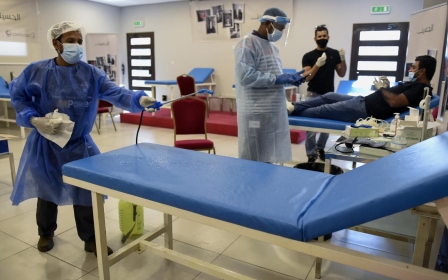Bahrain Prime Minister Sheikh Khalifa dies aged 84
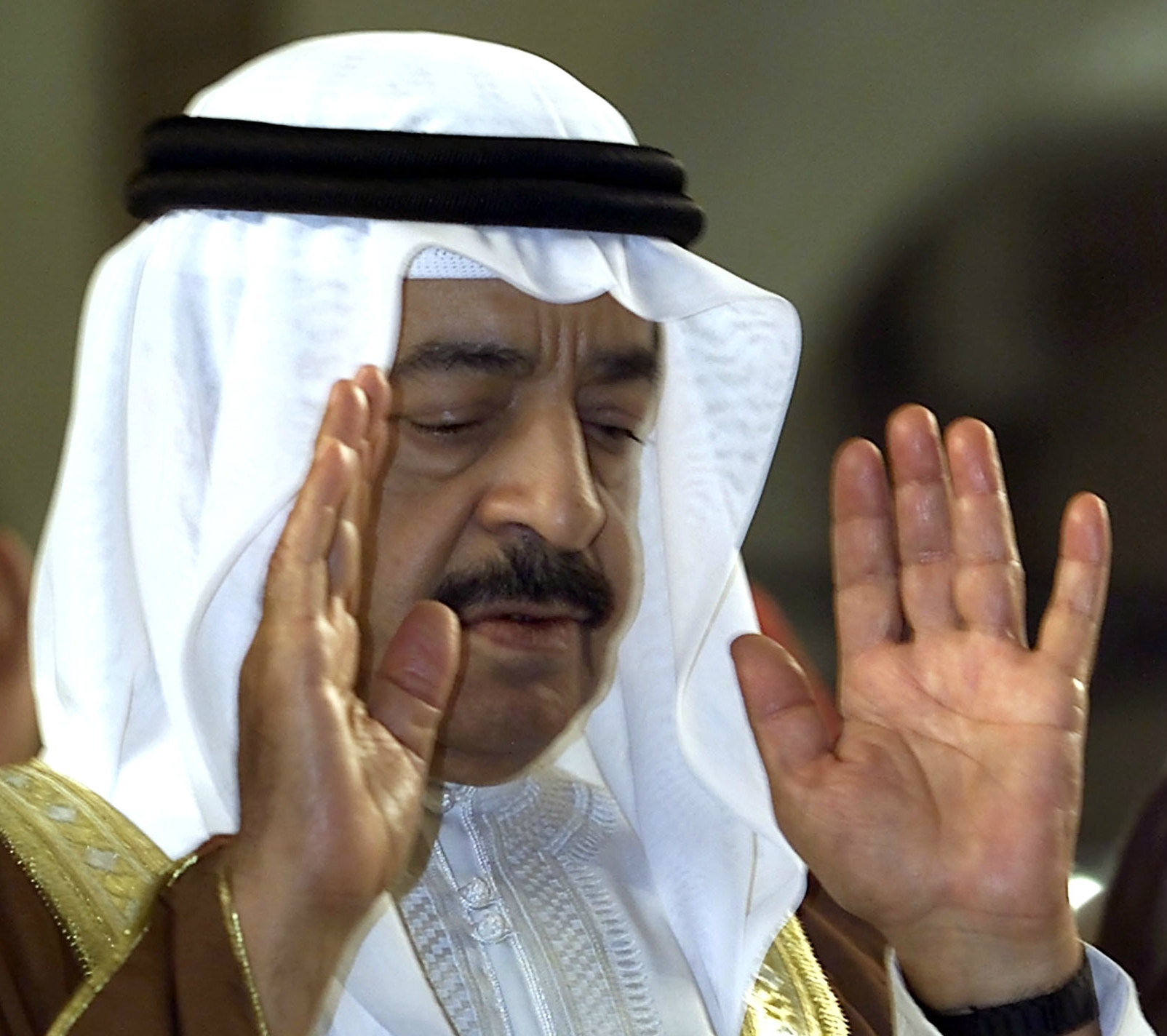
Bahrain's Sheikh Khalifa bin Salman al Khalifa, the world's longest-serving prime minister, who repeatedly put down opposition unrest during his half century in power, has died, authorities said on Wednesday.
Sheikh Khalifa, a dominant figure in the Gulf Arab kingdom's politics, passed away on Wednesday morning at Mayo Clinic hospital in the United States, Bahrain's state news agency said.
The uncle of King Hamad bin Isa al Khalifa, Sheikh Khalifa, 84, had served as prime minister since a year before the kingdom declared independence from Britain in 1971.
The al Khalifa family has ruled since 1783.
His stern response to pro-democracy protests in Bahrain in 2011, and criticism of similar unrest across the Arab world, underlined what for many was the defining characteristic of his career, namely a stalwart defence of dynastic rule.
"The death of the world's longest-serving prime minister will be welcomed by many of Bahrain's political opposition, as he is regarded as one of the chief architects of an increasingly repressive state," said Marc Owen Jones, assistant professor of Middle East Studies at Hamad bin Khalifa University in Qatar.
Sayed Ahmed Alwadaei, a prominent Bahraini rights campaigner exiled in Britain, said Sheikh Khalifa had masterminded "brutal repression" of the opposition during the 1990s and oversaw the crackdown on the 2011 uprising.
'Man of solid positions and principles'
Leaders from neighbouring countries, including Saudi Arabia, the United Arab Emirates and Kuwait, offered condolences to King Hamad and paid tribute to Sheikh Khalifa.
"The late Prince Sheikh Khalifa… was a man of historic stature whose name was associated with the modern transformation of Bahrain and the Arabian Gulf," UAE Minister of State for Foreign Affairs Anwar Gargash said on Twitter.
He added: "He was a man of solid positions and principles."
Human rights groups have criticised Bahrain's western allies, notably the United States and Britain, for often remaining silent about human rights abuses against the kingdom's Shia majority.
The two countries have a particularly high level of influence in Bahrain, where the US Fifth Fleet is based and where Britain's Royal Navy has a major facility.
There was no immediate word about Sheikh Khalifa's successor as prime minister, a role which the constitution says is appointed by the king.
"While his succession is unclear, it paves the way for the growing unencumbered influence of the crown prince, who will have more of a say in social and perhaps economic affairs," Jones said.
Sheikh Salman bin Hamad al Khalifa, since his appointment as crown prince in 1999, has become known as the ruling family's leading proponent of reform, although most meaningful changes were consistently blocked by family hardliners such as Sheikh Khalifa, Reuters reported.
'Stab in the back'
In August, Sheikh Kahlifa left the kingdom for what official media called at the time "a private visit abroad".
Earlier this year, he spent time in Germany for unspecified medical treatment, returning to Bahrain in March, Reuters reported.
The burial ceremony will take place upon the repatriation of his body and the funeral will be limited to a specific number of relatives, Bahrain's state news agency said.
Official mourning has been declared for a week and government ministries and departments will close for three days starting on Thursday.
On Tuesday, Israel's parliament approved a US-brokered deal establishing formal relations with Bahrain by a vote of 62 lawmakers in favour and 14 opposed.
Palestinians have denounced the deals and other normalisation accords, describing them as a "stab in the back". There has been continued opposition to the deal in Bahrain.
Middle East Eye delivers independent and unrivalled coverage and analysis of the Middle East, North Africa and beyond. To learn more about republishing this content and the associated fees, please fill out this form. More about MEE can be found here.


